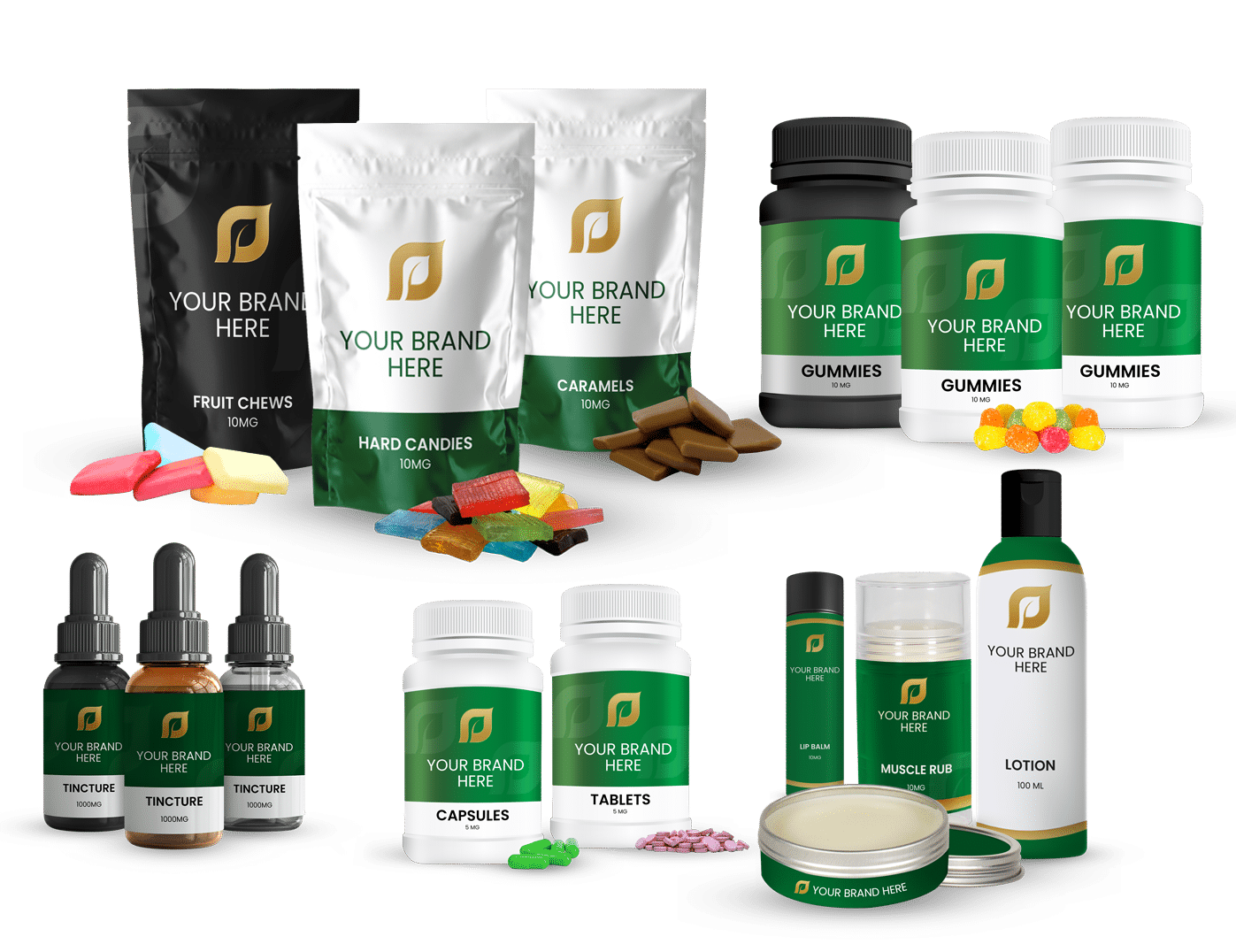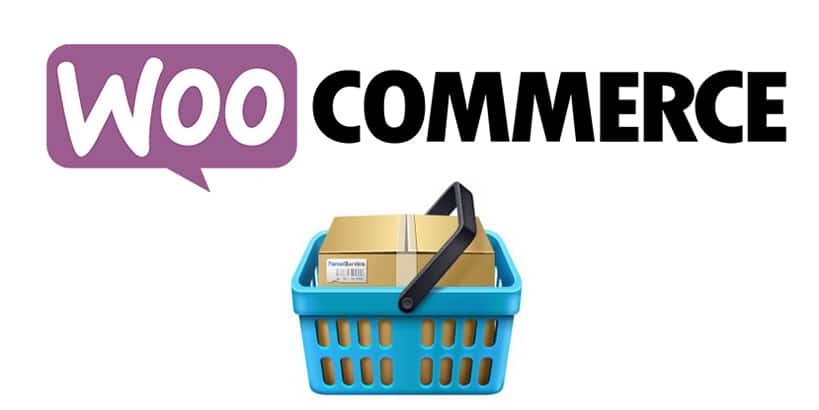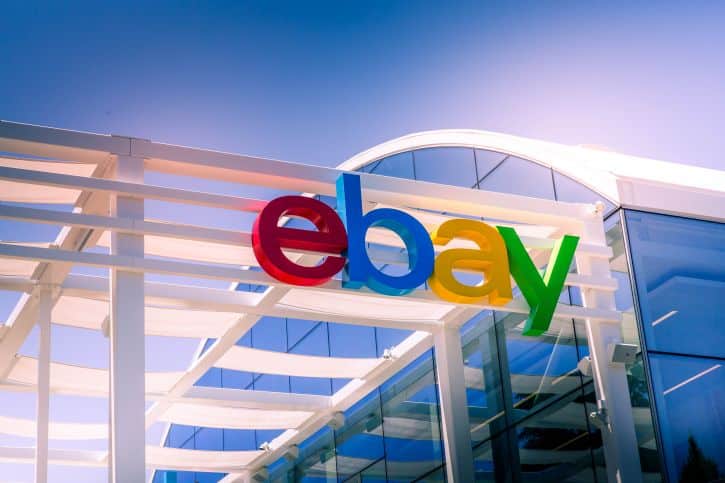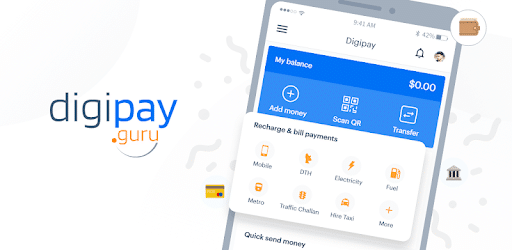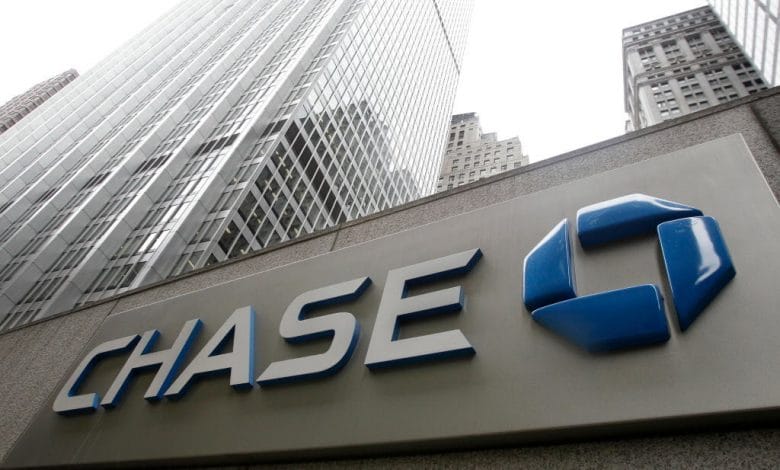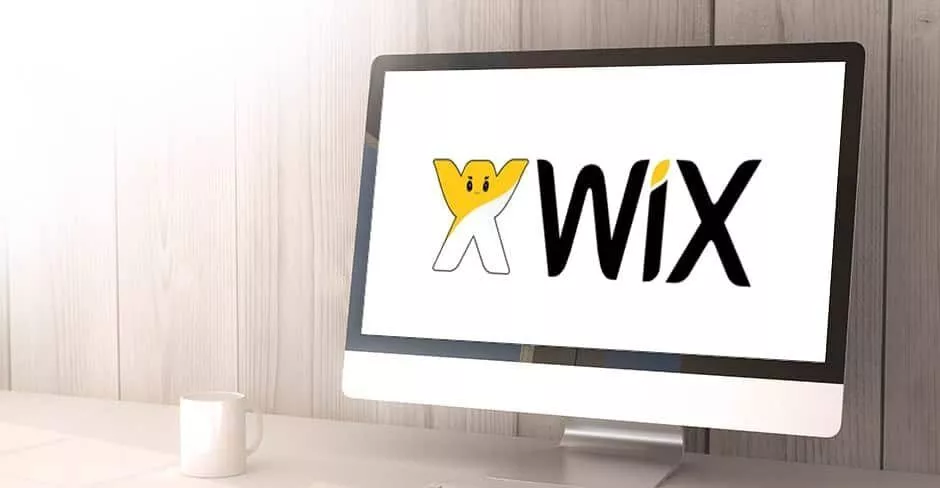The cannabis industry has become legal and continues to explode before our eyes. CBD products are available from almost every retailer these days, and they have quickly become a viable e-commerce solution for entrepreneurs who want to buy and sell CBD online!
Unfortunately, selling CBD is not as easy as simply creating a website and letting buyers come to you. You can face complications because of strict legal and marketing rules if you decide to sell CBD products, including CBD oil, which has become very trendy. But selling these products can be easy if you do your homework.
Before you start selling CBD products, whether online or from home, it helps to know exactly what to expect and how to prepare for this business opportunity. Continue reading to get the full rundown on how to start selling CBD.
The Newest Legal Regulations for CBD and CBD Oil[1]
CBD has undergone many legalization battles and still receives some opposition, but significant progress has been made along the way!
In 2018, the Farm Bill legalized the production of hemp all across the US. This legislation is beneficial to sellers because CBD is manufactured from industrial hemp plants.
The bill states that if your CBD product contains 0.3% or less THC, you can sell it legally, but with precautions.
Table of Contents
ToggleThe Legality of Selling CBD Products
The legalization of CBD and products containing CBD has been widely disputed. As the use of CBD is still seen as a highly controversial topic, you must ensure that you stay updated regarding CBD laws if you are selling these products.
Regulations have been put in place that you absolutely need to be aware of if you plan to undertake a CBD venture. It is important to comply with both state and federal laws.
Federal Laws for Selling CBD Products
In the United States, the key concern is to ensure that your CBD products contain no more than 0.3% CBD. Otherwise, CBD is legal nationally. However, it is important to stay aware of legal developments regarding CBD as laws can be overturned quite easily.
It is also worth noting that the FDA has stepped in occasionally to provide information about unapproved CBD products that market incorrect or false health claims.
Statewide Laws for Selling CBD Products
Laws regarding CBD vary from state to state. Some states allow you to produce CBD from marijuana. Other states only allow CBD made from industrial hemp.
The best choice you can make for your business is to sell industrial hemp-extracted CBD. This is because it will not have high THC levels and will be accepted nationwide.
If you are thinking about starting a well-organized and profitable CBD business, it will benefit you to get in touch with local representatives or research the laws in your state to know exactly what you will be allowed to sell.
You can then make a list of products that are legal for you to sell. Then, only sell that type of inventory to avoid any legal problems.
Regulations Around Selling CBD
Legality is a big concern when it comes to CBD marketing, and failing to comply with regulations can result in penalties and even jail time. The classification of the cannabis plant as a Schedule 1 narcotic drug has hindered the ability for business owners to legally sell CBD products.
FDA regulations are a concern for sellers and marketers. If you want to start selling CBD from home or online, it is important to find out about your legal options regarding selling and marketing these products.
Is CBD Officially Legal?
The answer to this serious question varies from state to state. It also depends on whether the CBD products you want to sell online are extracted from hemp or the marijuana plant. It also depends on what type of products you want to sell.
Only hemp-extracted products can be sold online. Luckily, the passage of the 2018 Farm Bill did not change the FDA’s authority to regulate drug, food, device, dietary supplement, or cosmetic CBD-infused products.
Several states amended their state’s drug law in order to remove CBD from their list of state-controlled substances. Certain states completely prohibit the sale as well as the consumption of CBD.
However, other states limit the different types of CBD products that can legally be sold in the state by requiring a specific license.
If you are planning on selling or are already selling CBD products online, you have to have specific systems in place. These systems are important for making sure that you comply with each state’s laws regarding sales of CBD.
Implementing product-based shipping restrictions for your store will help you stay compliant and ensure that you only ship products to safe shipping zones.
Can I Legally Sell CBD?
Before you start selling CBD, you first have to ask yourself why you are selling CBD online. For most marketers, the goal is to assist consumers in buying products quickly and easily.
However, it is crucial that you refrain from making health and disease claims, as that will get you in instant trouble!
Since the federal government has not yet legalized marijuana but has removed the plant from Schedule 1 of the Controlled Substances Act, CBD research will likely remain limited for quite some time.
Hemp-extracted CBD products, including device, drug, food, or cosmetic marketing, must be labeled and marketed according to the FD&C Act.
It is also important to consider other CBD-related laws. There are lots of different requirements under the FD&C Act, depending on whether the hemp-containing CBD product is considered a dietary supplement, device, cosmetic, or food.
Regulatory clarity may not emerge for at least a few years. However, the growing popularity and demand of other cannabis-containing products have inspired the FDA to look at options that could enable a resolution in the very near future.
Regulations for Selling CBD Products
If you want to sell CBD while complying with federal regulations, you will be good to go as long as all of your products contain 0.3% or less THC. Federal laws allow legal CBD nationwide.
If you want to sell statewide, regulations differ greatly. Generally, all states allow the sale of hemp-sourced CBD products with the correct THC threshold.
However, there are specific regulations in states where the recreational use of marijuana isn’t legal. This is why it would be best for you to cross-check with a local legal specialist to find out the restrictions and how they affect sales of CBD products in your state.
How To Start Selling CBD Online
Once you have read about the legal allowances, it’s time to put your plan into action! It would benefit you to have a simple game plan when you decide to sell CBD products online.
If you have established your business objectives, you can start marketing your product and developing strategies to grow your business.
Let’s take a look at how to achieve your marketing and sales objectives:
Obtain the Needed Licenses for Selling CBD Products
In order to sell your CBD products legally, you will need to obtain a few licenses. The first license is known as a business license. Generally, business owners set up a limited liability company as the structure for their small business.
You can do research on your local government’s website to determine which type of business structure would be best for you. The registration usually costs about $100, so make sure you have some funding set aside.
You will also need to get a resale license if you are planning on purchasing your product from wholesalers. Resale licenses and business permits are handled at the state level, and these regulations vary from state to state, which is similar to the way in which business licenses are handled.
Make sure you know what your state’s requirements are in order to determine whether you will need a resale license and how to get one.
Certified Supplier or Wholesaler When Selling CBD Products
You will need to find a trustworthy supplier or wholesaler that will sell you the high-quality products you are looking for. Remember that these products need to be state or federally certified.
CBD products include tinctures, oils, and other types of hemp products. Your chosen products will then need to be tested regularly. These tests are performed by third parties for quality assurance.
Many CBD companies have their own hemp farms to ensure they only sell the best quality products.
Start a Website When Selling CBD Products
Once you have completed your paperwork and product selection, it’s time for the exciting stuff! Next, you need to build your website.
You might want to skip building your own website and just start selling your products on an existing online platform like eBay or Amazon. Unfortunately, these major players have chosen a conservative route and are restricting CBD sales.
Even beyond these big players, you need to be cautious about complying with the terms of service as well as community policy to ensure you’re selling and advertising products within the boundaries set by the platform.
You will also need to find a trustworthy credit card payment processor, which can get tricky for CBD products as this industry’s payment gateway landscape is ever changing.
Also, note that not all payment processors currently accept payments for CBD products. This means you will need to make sure you are working with a company that can accept and process CBD payments.
Market Your CBD Products as Much as Possible
By now, your website should be live. Next, you need to find your target audience and potential buyers! Customers will not simply come to you, and it’s your job to market your platform as much as you possibly can.
It can be challenging to market CBD using popular e-commerce methods such as Facebook and YouTube ads. Some of these marketing channels have banned CBD products from their advertising platforms.
However, you still have two possible options that have great potential to bring you a lot of profit if you play the game correctly: affiliate links and your own website, of course!
Process and Ship Your Customer’s CBD Orders
Lastly, you will need a well-organized system to store and manage your CBD inventory.
If you’re just getting started, you can easily manage inventory in the comfort of your own home.
Over time, if your business increases its revenue and grows in popularity, you may want to expand into a fulfillment center by signing a warehouse lease or outsourcing fulfillment.
Just make 100% sure that your technology works well with your e-commerce platform and payment processor.
Is It Legal To Make CBD Oil at Home?[2]
Yes, it is legal to make CBD oil in your own home! CO2 extraction pressurizes CO2 with the use of special equipment, used mainly to extract CBD. On the other hand, ethanol extraction removes the CBD oil by using the solvent ethanol.
You can use both of these methods at home, and it is perfectly legal for you to do so. Unfortunately, the CBD oil made from marijuana is still illegal because it contains more than 0.3% THC, which is a psychoactive component causing its users to become high.
You can find out whether or not CBD oil is lawful and safe through the source from which you acquire the product.
If you are on a mission to save a few bucks, you can take on the project of making your own CBD oil. The preferred ingredient for CBD oil is CBD isolate because it is the only ingredient that is legal in all 50 states, and it contains less than 0.3% THC.
CBD oil that is sold legally in the United States still needs to be tested for THC compounds. When you check a product’s label, you will see the THC levels, which are often labeled as a percentage.
Conclusion
There you have it! Now you know all the strict rules and regulations that come with being a CBD business entrepreneur. Starting an online business or a business from home may involve some legal and marketing challenges.
Even so, since the industry is becoming more and more popular, starting a CBD business is an excellent choice. The cannabis industry is still young, which means that you can get ahead of the curve and come up with some never-before-thought-of products and earn big money!
Resources
[1] https://www.bigcommerce.com/articles/selling-cbd-online/#build-up-your-cbd-website[2] https://www.nichemarket.co.za/blog/mind-body-soul/make-cbd-oil


